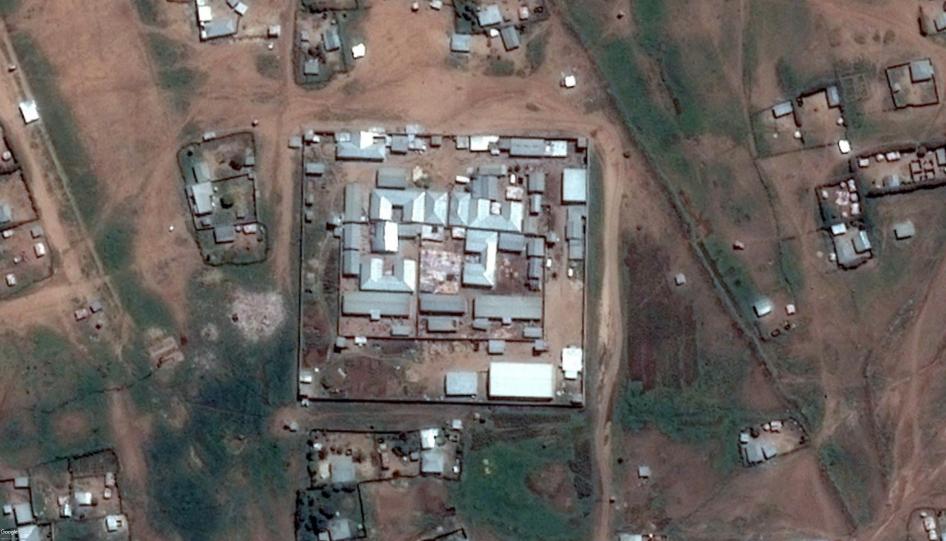Human Rights Watch – In the Somali region of Ethiopia, it seems like everyone knows someone who was locked up in the dreaded Jail Ogaden, but no one wants to speak about the horrors there. The thousands who have been held there are terrified of revealing the horrors that they faced. But now Ethiopia has a new prime minister, Dr. Abiy Ahmed, who has promised reforms and vowed to embrace increased respect for human rights. So far, he has released hundreds of political prisoners but has steered clear of tackling the torture epidemic in Ethiopia’s prisons. Audrey Wabwire speaks to Felix Horne about the new Human Rights Watch report on Jail Ogaden, and about what it takes to restore hope to many who have silently suffered in the Somali region and across Ethiopia.
Why did you focus on Jail Ogaden?
We have researched human rights issues in Ethiopia’s Somali Region for a long time. We released a report in 2008 showing how the military in the Somali region of Ethiopia displaced thousands of people and destroyed their homes. Many were detained and tortured, and even executed. Those who suffered were perceived to be sympathetic to the Ogaden National Liberation Front (ONLF), an armed opposition group in the region.
We continued to receive similar reports of brutality, this time by the Liyu police, a brutal paramilitary force who report to the Somali Region’s president. We focused on Jail Ogaden because that is the main detention center where people suspected of supporting the ONLF—including those accused of giving them food, information, or shelter– are detained. It is rare that any formal charges are brought against them. While torture is common country-wide, the scale of abuse that each person in Jail Ogaden described warranted more in-depth research.
Ethiopia does not allow rights groups or press to research allegations against the government. How did you collect and verify this information?
We set out to interview those directly affected. We spoke to former prisoners, prison guards, and former government officials who were involved in these arrests. Some were interviewed inside Ethiopia, but most of the victims we interviewed now live outside the country. We interviewed people living in exile in about 10 countries across the world. They left because you are never really free once you are perceived to be a supporter of the ONLF. You are in constant risk of arrest or persecution.
The Somali region president, Abdi Mohamed Omar, commonly known as Abdi Illey, controls everything in the Somali Region, but his intolerance for dissent extends far beyond the region. In the past, there have been protests against him in Kenya, the United States, Australia and Europe. Relatives of some of the protesters were tracked down in Ethiopia and harassed, arrested, and beaten to silence their family members outside of Ethiopia. Others have had family members targeted because of their social media posts. So it was more difficult than I expected to get anyone to speak out about the suffering they endured. The fear to speak out is real and understandable.
Some of the torture and abuse was carried out in front of prison population, though, which provided opportunities to corroborate many of the abuses prisoners told us about.


